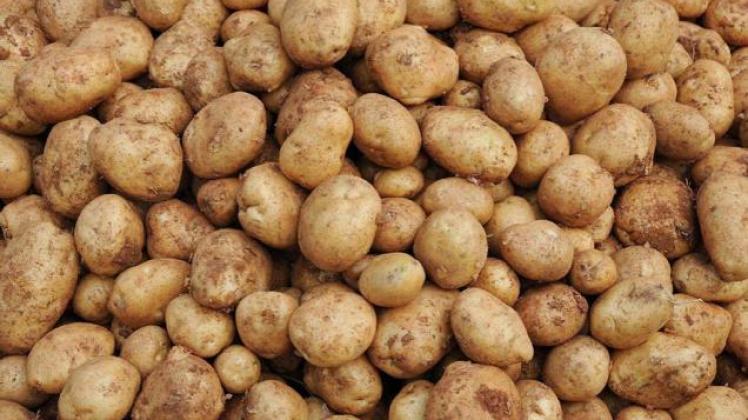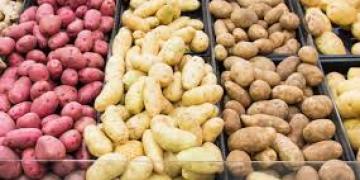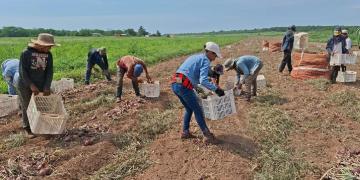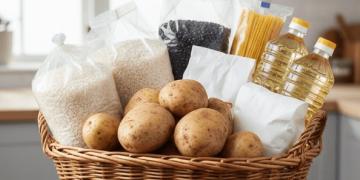Korea del Norte: Potato crop hit by torrential rains
This year has been particularly unsuccessful for North Korean agriculture, as an inside source in North Korea reports torrential rains have affected the potato harvest in Unheung and Daehongdan in Ryanggang Province.

“Last year, each province had been able to produce at least half a year’s worth of potatoes in rations for farmers, but the monsoon rain washed away many of the crops that were planted on a hill slope, making this year’s harvest minimal compared to the last. The 10th of October may be the peak of the potato season, but if the current situation continues, we might find ourselves in an even worse position,” said the source.
When asked whether this would cause a great food shortage for the North Korean people, the source replied, “Luckily, barley has not been affected, since the barley harvest occurred mainly before the rainy season. However, those living in the northernmost rural regions depend greatly on the harvest from the potato farms, and are currently seeing a sharp rise in potato prices.”
In terms of agriculture, every year in North Korea is a year of bad harvest. Farmers are busy no matter what season of the year it is, and even though they are entitled to a division of the harvest, most of the harvest is sent to the military. In the rare cases where farmers are able to claim the yieldings, the portion that they receive is less than half the standard ration. Kim Il Sung once stated that agriculture is the backbone of society. Accordingly, the North Korean government invests much time and energy into the agricultural sector, yet every year the harvest turns out to be unsatisfactory.
Before defecting in June 2015, 27-year-old Kim Sae-byeol used to work at Geumcheon farm in Gilju, North Hamkyung Province. “North Korean farmers will suffer the most, more than those living in urban regions. Farmers are hard at work during the spring, preparing for the autumn harvest, but in the end they do not see so much as a grain fall into their own hands. The state will always provide for the military first. The harvest is already dismal in the first place, and if the state takes from every farm and puts the military’s needs first, the people end up with almost nothing,” she said.
“As a solution, farmers cultivate ‘private’ farms by dividing sections of mountainous areas among themselves. The yields are higher in these private farms than in state-run farms. There are cooperative farms too, but the people there don’t work as hard as they would if it were their own farm. Some people steal the seeds and fertiliser from the cooperative farm and sell it in the markets for their own profit. But with private farms, people feel certain that the yields will depend on the amount of effort they put in, so they work really hard. That’s one reason for the difference in production levels between cooperative farms and private farms,” she explained.
Click here to read more at newfocusintl.com.
Fuente: http://www.freshplaza.com/article/163821/North-Koreas-potato-crop-hit-by-torrential-rains




